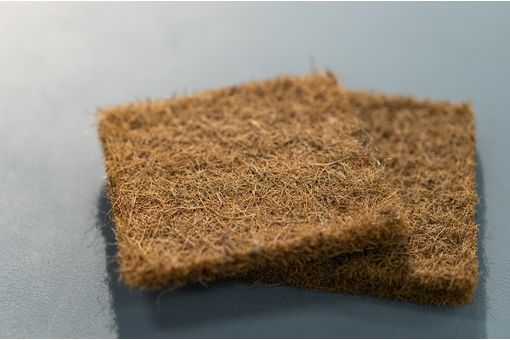EAC's ban on used clothing to have severe impact: SMART
“The ban directly contradicts requirements that African Growth and Opportunity Act (AGOA) beneficiaries work towards eliminating ‘barriers to United States trade and investment’ and promote ‘economic policies to reduce poverty’. SMART seeks the reversal of the EAC’s ban and the roll back of the recently increased duties in EAC member nations no later than the next EAC Heads of State Summit,” Jackie King, executive director of SMART, a US based non-profit organisation, told Fibre2Fashion.
“Should the EAC fail to reverse its decision, SMART will pursue an out-of-cycle review of their AGOA eligibility and duty-free access to the US market with the aim of promoting economic, humanitarian and environmental welfare for the people of the EAC and the US,” added King.
The secondhand clothing items exported by American companies into the African markets are specifically selected to meet the quality and price demands of African populations. This industry helps close the loop on post-consumer textile waste and the secondhand clothing items are not unwanted goods that are dumped in Africa.
“Billions of pounds of secondhand clothing are in demand and being purchased globally, while very little, if any, of apparel manufactured in developing countries is sold within those countries. In fact, the secondhand clothing industry helps close the loop on post-consumer textile waste, and the real story is that individuals in Africa continue to demand the clothing that provide them the greatest utility,” added King.
“Many of these people live on as little as $1-2 or less per day, and would be hard pressed if they had to depend exclusively on higher-priced new apparel as opposed to quality, affordable, secondhand clothing,” continued King.
She said that there is no evidence to support the claim that importing secondhand clothing is negatively affecting the local textile manufacturing industry. Countries like Pakistan, Guatemala and Honduras prove that the secondhand clothing and new textile manufacturing sectors can co-exist harmoniously.
A small number of apparel manufactured in developing countries is sold within those countries and are mostly designed to be sold to the western markets. New clothing businesses in developing countries can make more money producing clothing for export to wealthier countries in Europe and North America than selling them locally, according to Oxfam. Most textiles manufactured in Africa are exported for sale in developed countries, including the US and UK. (KD)
Read the complete interview here.
Fibre2Fashion News Desk – India
































-Ltd..jpg?tr=w-120,h-60,c-at_max,cm-pad_resize,bg-ffffff)





.jpg?tr=w-120,h-60,c-at_max,cm-pad_resize,bg-ffffff)
.jpg?tr=w-120,h-60,c-at_max,cm-pad_resize,bg-ffffff)






